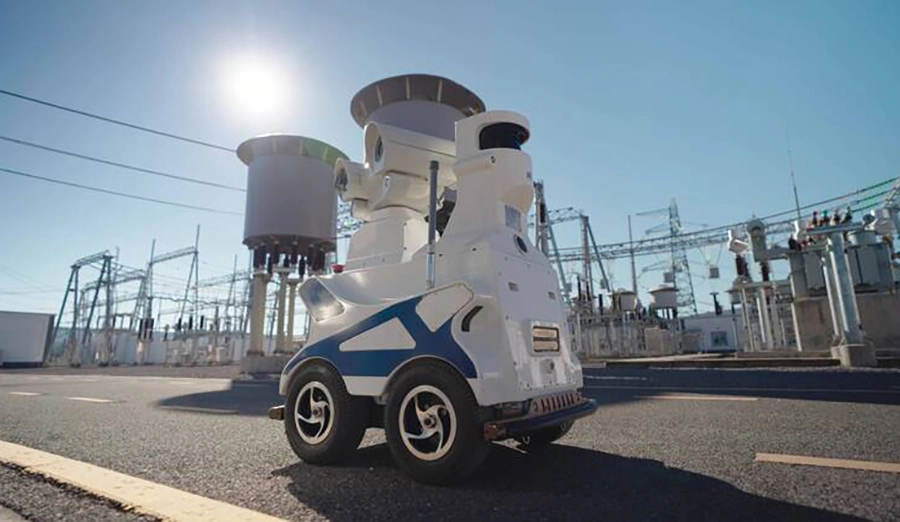
WIRELESS CHARGING IN THE NEWS
As the core equipment in the field of intelligent manufacturing and logistics, AGV's continuous operation ability directly affects production efficiency. Traditional AGVs mostly use contact charging or manual battery replacement, which has problems such as long downtime and equipment wear. The introduction of wireless charging technology provides a new solution for the energy management of AGV.
Technology application pattern
Wireless charging technology mainly realizes energy transmission through electromagnetic induction or magnetic resonance principle. In the AGV scenario, the charging base station is embedded in the ground or a specific parking area, and the AGV can automatically start charging after it is aligned with the base station through the on-board receiving coil. For example, in the warehousing and logistics scenario, the AGV can automatically drive to the charging area to replenish energy between picking goods; In the automotive manufacturing shop, after the completion of the material handling task, the AGV takes advantage of the no-load time for fragmented charging without interrupting the work process.
System integration and intelligence
Modern wireless charging systems are often deeply integrated with AGV scheduling platforms. When the vehicle battery power is below the threshold, the AGV independently plans a path to the charging point, and achieves millimeter-level accurate alignment through laser navigation or visual positioning. Part of the solution also supports dynamic charging, that is, the AGV completes energy replenishment when passing through the charging area at a low speed, further reducing downtime.
Scene adaptability
In clean workshops such as food and medicine, wireless charging avoids the risks of sparks and contamination that may arise from plugging and pulling interfaces; In harsh environments such as ports and mines, non-contact design can effectively prevent circuit failures caused by moisture and dust. In the future, with the popularity of modular wireless charging technology, enterprises can flexibly deploy charging networks according to demand, and build a truly "uninterrupted" production system.







